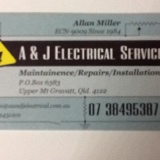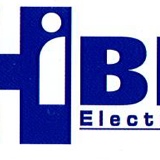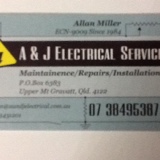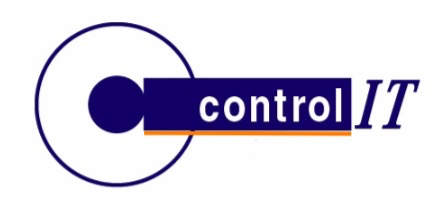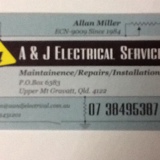Information
-
Document No.
-
Audit Title
-
Client / Site
-
Conducted on
-
Prepared by
-
Location
-
Personnel
Allan Miller
Date and Time
-
Date and Time RA Carried Out
Job Number
Customer Name
Customer Address
JOB DESCRIPTION
IDENTIFY HAZARDS
-
Overhead lines
-
High voltage
-
Electrical contact
-
Fire / Explosion
-
Mechanical
-
Noise
-
Lighting
-
Plant / Vehicles
-
Roads / Traffic
-
Pedestrians/ Children/ Animals
-
Excavation
-
Trench collapses
-
Confined space
-
Access / Exits
-
Fatigue
-
Slip / Trip
-
Falling / Flying objects
-
Heights / Falls
-
Weather conditions
-
Hot environment
-
Sun exposure
-
Ultra-violet radiation
-
Manual handling
-
Vibration
-
Pinch points
-
Sharp edges
-
Cuts and abrasions
-
Dust
-
Fumes
-
Gases
-
Liquids
-
Chemicals / Substances
-
Ceiling space
RISK MATRIX
-
Add media
RISK SCORE
-
High; Moderate; Low
IMPLEMENT CONTROL MEASURES
-
Isolate overhead lines
-
Isolation
-
Mechanical locking device
-
Switchboard rescue kit
-
Safety observer
-
Barricade / Fence
-
Rubber mat / Barrier mat
-
Insulating gloves
-
Safety gloves
-
Helmet
-
Face shield / Safety Glasses
-
Dust mask
-
Other PPE
-
Fire blanket
-
Extinguishers
-
Mechanical aid
-
Safety equip/devices
-
Water
-
Solar protection
-
Ventilation
-
Lighting
-
Scaffold
-
Mobile work platform
-
Safety harness
-
Signage
-
Signaling
-
Communication equipment
-
Emergency procedure
-
Work procedure
-
Inductions / briefings
-
Discussion with Supervising Adult/ Person in Charge
-
Training
-
Work out of hours
WORK MEATHOD STATEMENT WORKING TO
-
SWSM 1. basic fault finding WSM on LV mCC or similar panels
-
SWSM 2. Working in a trench or pit at a depth of 1.5 m or more
-
SWSM 3. Confined space
-
SWSM 4. Working with asbestos
-
SWSM 5. Live work
-
SWSM 6. Isolation and work on electrical equipment
-
SWSM 7. Conduit installation, prior to pouring concrete
-
SWSM 8. Conduit installation in the ground
-
SWSM 9. Conduit installation in walls and ceilings
-
SWSM 10. Cable and ladder tray installation
-
SWSM 11. Working in risers
-
SWSM 12. Using portable ladders
-
SWSM 13. Installing light fittings
-
SWSM 14. Installation of switch boards
-
SWSM 15. Installation of pyrotenax (MIMS) cable
-
SWSM 16. Installation of lighting looms
-
SWSM 17. Installation of cable supports
-
SWSM 18. Installation of mains
-
SWSM 19. Installation of switchboard connections
-
SWSM 20. New work in existing switchboards
-
SWSM 21. Installation of sub mains
-
SWSM 22. Installation of power and lighting cables
-
SWSM 23. Installation of power points
-
SWSM 24. Manual handling
-
WSM 25. Working with elevated work platforms
-
SWSM 27. Isolate, lockout and test
-
SWSM 28. Working at heights
-
SWSM 29. Installing ceiling mounted lights and speakers
-
SWSM 30. Removal of PCB's
-
SWSM 32. Disconnecting an existing installation
-
SWSM 33. Installation of SELV cabling
-
SWMS 34. Demolition and Dismantling
-
SWMS 35. Hazardous Substances
-
SWMS 36. Plant
-
SWSM 37. Testing and tagging of electrical appliances
-
SWSM 38. Using mobile scaffolds
-
SWMS 39. Working on a Road or Railway
RECORD PROCEDURES
-
HAZARDS
-
RISK SCORE 1
-
APPLY CONTROL MEASURES WSM
-
RISK SCORE 2
IF RESIDUAL RISK NOT LOW, REDO CONTOL MEASURES
-
If residual risk low, commence work
-
Monitor and review effectiveness
RISK ASSESSMENT CARRIED OUT BY
-
Name
-
Add signature
-
Name
-
Add signature
-
Name
-
Add signature
-
Name
-
Add signature
